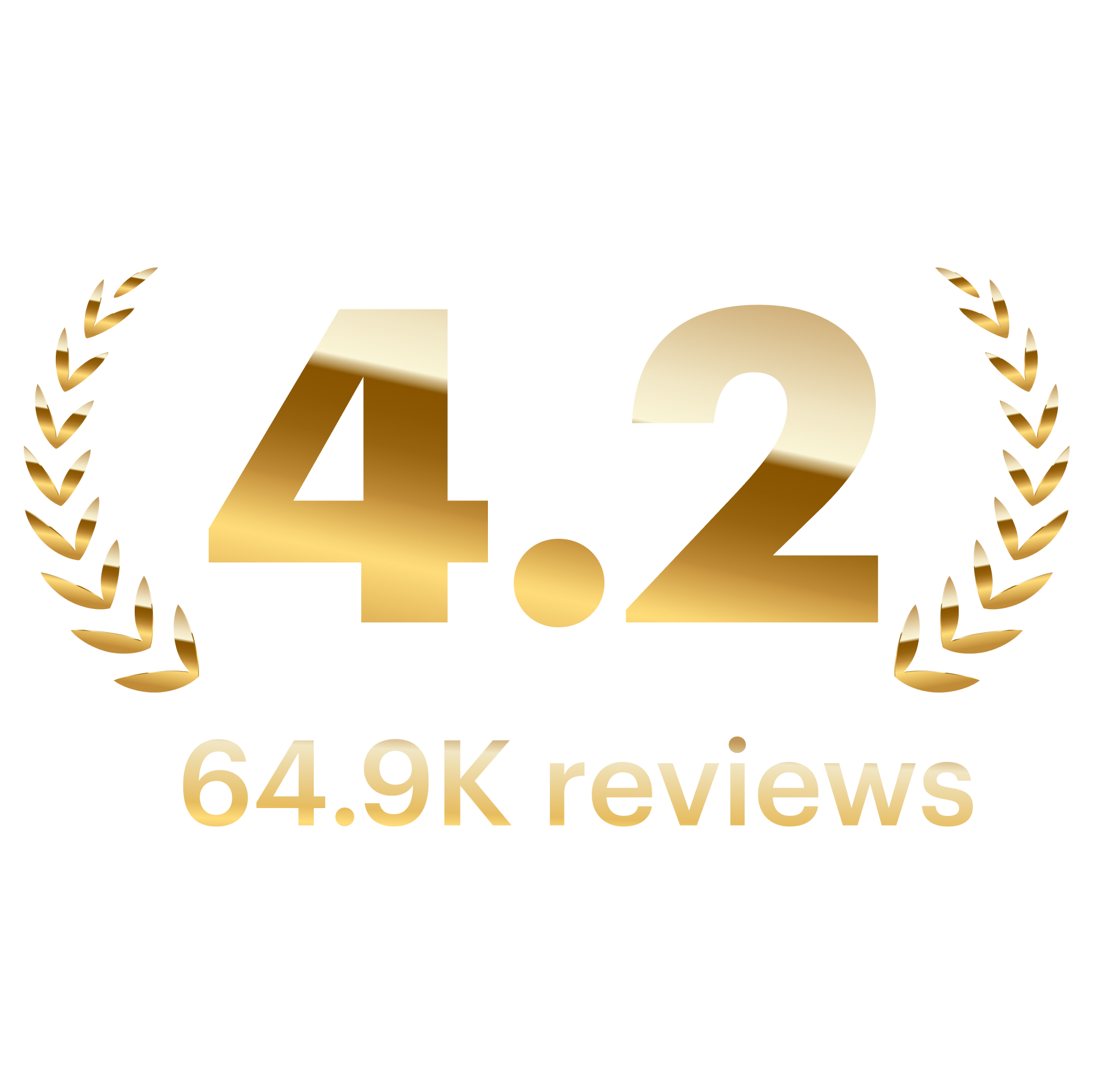Last Updated on Feb 8, 2023 by
The raging second wave of Covid-19 worldwide and the increased pace of vaccination is what 2021 will be remembered for. But in the world of finance, 2021 was the year it rained IPOs. Even a cursory glance at your morning newspaper or social media would make the headline-making IPOs hard to miss.
63 companies went public in the year 2021 and raised record-breaking capital. This includes household favourite companies such as Zomato, Nykaa, and Paytm.
With the buzz around IPOs and buoyant capital markets leading to bumper listing gains, many investors are eager to have a piece of the pie. That brings us to the question – how do you subscribe to an IPO?
Table of Contents
Demat account and bank account requirements
A mandatory requirement to undertake any kind of investing activity (including IPOs) is to have a bank account and a demat account. Just as your bank account holds money, a demat account holds your equity investments. Most private banks in India have associated securities houses through which you can apply for a demat account.
You may also open an account with various online investing platforms with just a click. All you need to open a demat account is national identity proof, such as your Aadhar Card and your PAN card.
Research and analysis
Once your demat account is in place, the next step is to research the upcoming IPO you are interested in. While it can be tempting to apply for IPOs without the necessary background work, this step is crucial. The questions you must ask are: Is the industry in which the company operates expected to grow? Does the company have a differentiated advantage over its competitors? Has the company consistently displayed improving revenues and margins?
An important point that many investors tend to overlook is the pricing of the IPO. While the company may have excellent fundamentals, if it is valued far higher than its peers – listing gains may or may not materialize.
Application process
Now that you have decided to invest, next comes the actual application process. The easiest and most common way to apply for an IPO is online. Some important points to consider are:
Your investor category
You can apply for IPOs as a retail investor or an HNI (high net worth investor), depending on your status. You must take into consideration that the minimum IPO application amount is Rs. 2 lakh if you apply in the HNI category.
Price and number of lots
IPOs are issued in lots of shares. One lot will have multiple shares, and you can apply for multiple lots. Do also consider the price at which you are bidding for the IPO since there is a predefined price band. For your information, the value of the 1 lot application is capped at a maximum of Rs. 15,000 for each IPO.
Key dates
There is a 3-day window in which you can apply for the IPO. After the last application date, the allotment status of the IPO is shared. The allotment status confirms whether you will receive the share in your demat account on the listing. Many investors closely await this date especially in the case of an oversubscribed IPO where the allotment of shares is by lottery as per guidelines.
The allotment day is followed by the day of listing. This date is important for you to track in case you plan to sell the shares for listing gains.
Ensuring sufficient bank balance
Your demat account is linked to a certain bank account from which money will be debited to purchase the shares on the listing. While applying for an IPO, money is not debited from your account. As per SEBI guidelines, investing platforms follow Application Supported by Blocked Amount (ASBA). This simply means that your money gets blocked for use, but it is not actually debited. However, if your bank account doesn’t have sufficient funds, you will not be able to apply for the IPO.
Payment options
Typically, the application process earlier was done via ASBA. But now, the UPI option is available. To use UPI while applying for an IPO, select UPI on the payment page. Doing so will trigger a request in your UPI app and you can make the payment using your UPI pin as you normally would. Alternatively, you can also be redirected to your net banking account page to make the payment if you prefer that instead.
And that’s it – simply log on to your investor portal and keep these points in mind.
Conclusion
In today’s world, subscribing to IPOs is a seamless process. With several companies lined up to go public in 2023, make sure you make the most of the opportunities to participate in them. Consult your financial advisor before investing in any stock or scheme.
- Money Market Funds in India – Meaning, Features & How They Work - Apr 22, 2025
- Top Fund of Funds (FOF) in India – Full Form, Types & More - Mar 28, 2025
- Bond Funds – Meaning, Types, Risks, and Benefits - Mar 27, 2025




